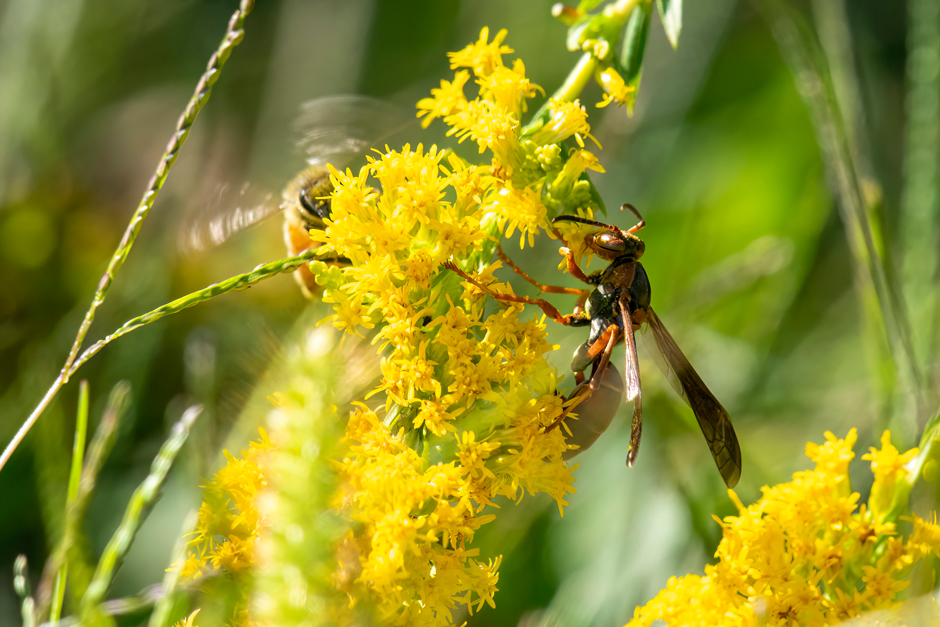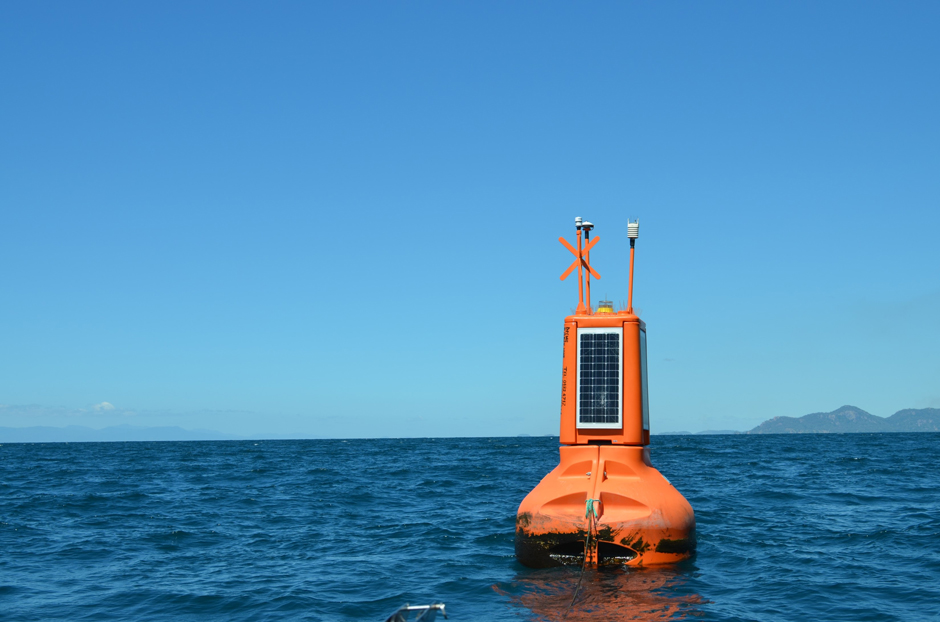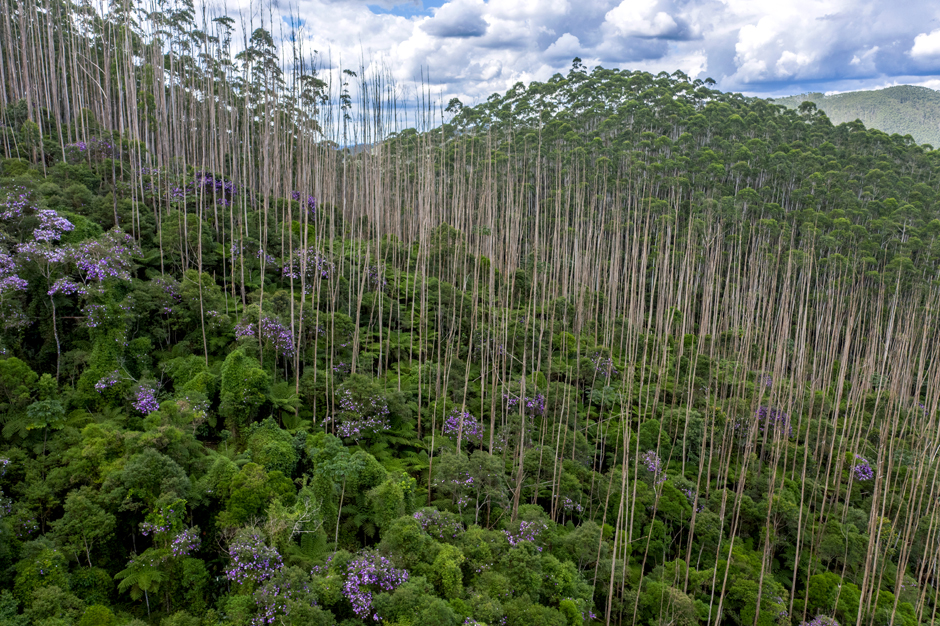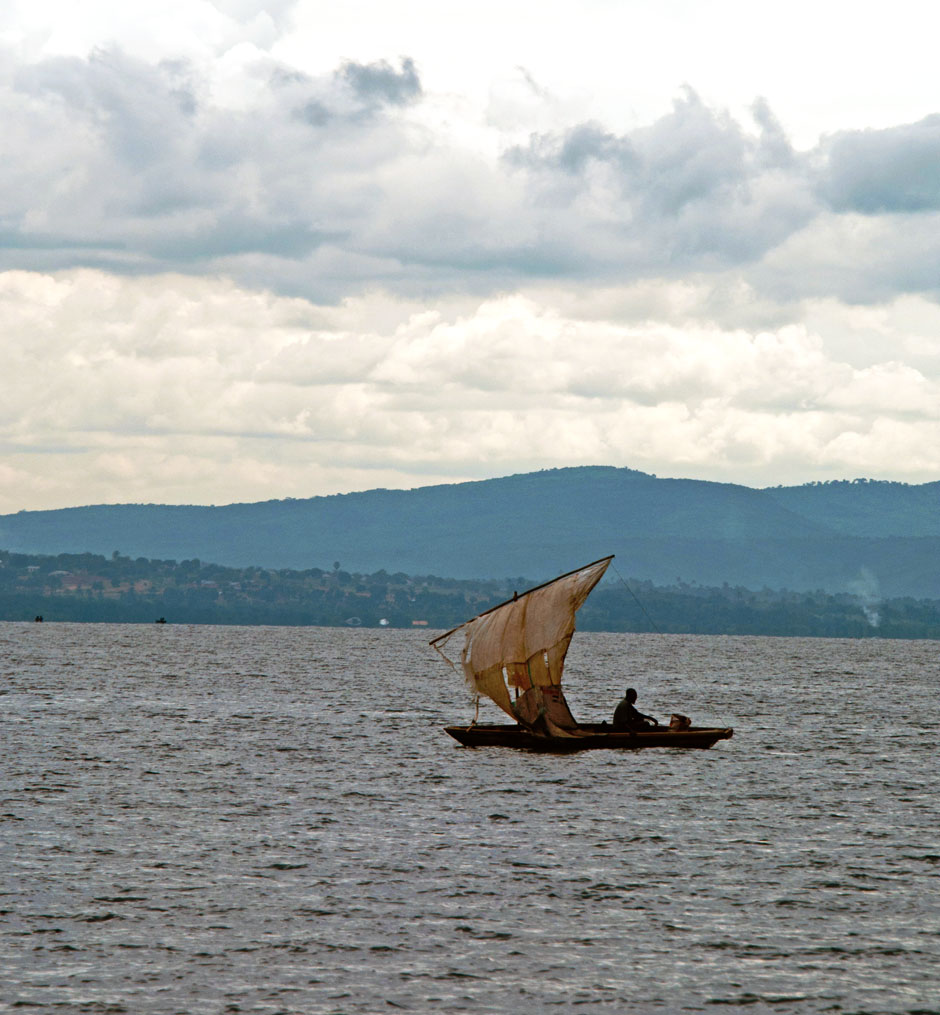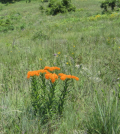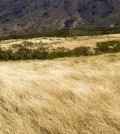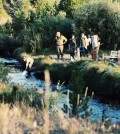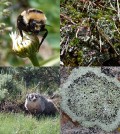Posts for tag "biodiversity"
The Birds and the Bees: Understanding the Diversity of Pollinators
Pollinators across the world come in all shapes and sizes and are vital to the native vegetation they have evolved with over time.
- Posted June 5, 2023
Lake Malawi: A Treasure to Protect
Lake Malawi is a crucial source of food, electricity, transportation and economic health for the surrounding communities.
- Posted March 20, 2023
Going, Going, Gone: Endangered Species Recovery and Conservation
Countless species of flora and fauna around the world are being listed as either threatened, endangered, or extinct.
- Posted December 5, 2022
Balancing Forest Biodiversity and Land Use Benefits
New meta-analysis paper pulls together data from 264 studies to explore ways of balancing forest biodiversity and wood production interests.
- Posted June 27, 2022
Unprecedented Changes are a New Challenge for Lake Tanganyika
Rapid, anthropogenic pressures are changing the face of one of Africa’s oldest, most diverse lakes, biodiversity & food security are at risk.
- Posted October 14, 2020
Monitoring for Biodiversity with 1st Commercial eDNA Service in the UK
A commercial eDNA kit enables almost anyone, including citizen scientists, to monitor even rare aquatic species in a less intrusive, more effective way.
- Posted August 17, 2018
Environmental DNA Reveals Surprising Shark Diversity
A team of scientists proves that eDNA can be used to more effectively track the range of rare species of sharks in the ocean.
- Posted July 23, 2018
Deep-sea Biodiversity Expedition Uncovers Thousands of Creatures
A research team from Singapore and Indonesia brought thousands of samples back from a deep-sea biodiversity expedition, including at least 12 new species.
- Posted July 10, 2018
Biodiversity Loss Modeling Complicated By Lack Of Data
A group of researchers led in part by Purdue University says that there is a large lack of data when it comes to modeling biodiversity loss.
- Posted September 30, 2016
Air Pollution Hurting U.S. Plant Diversity
Scientists at the University of Colorado have found that air pollution in the United States is having a harmful effect on our plant diversity, according to the Denver Post. They considered 15,000 forest, woodland and grassland sites...
- Posted May 11, 2016
Rare Species, Once Lost, Are Hard To Replace
Rare species are irreplaceable when it comes to the functionality of ecosystems, say scientists at Florida International University. When removed, ecological processes may be altered with cascading consequences for other plants and animals, they have found. To...
- Posted April 15, 2016
Cloud Cover Data Useful For Estimating Biodiversity
An investigation using NASA MODIS satellite images has showcased the usefulness of cloud cover for estimating biodiversity and habitats.
- Posted April 7, 2016
Freshwater Biodiversity Equals Higher, More Consistent Fish Yields
Clearly, biodiversity is important for all ecosystems. But in freshwater systems including lakes, biodiversity appears to have big payoffs for us humans, according to a release from the University of Southampton. Researchers at the university, comparing multiple...
- Posted March 8, 2016
Wisconsin Prairies See Species Disappearing Quicker
Multiple surveys looking at the state of Wisconsin prairies over the years have revealed that the pace of change they’ve seen is picking up when compared to decades ago, according to a release from the University of...
- Posted February 24, 2016
Gauging The Future Of Alaskan Mammals By Looking At Their Past
An investigation led by the U.S. Geological Survey predicts shrinking habitats are in store for Alaskan mammal species.
- Posted November 3, 2015
Biodiversity Promotes Grassland Survival During Climate Extremes
Although researchers have long known that biodiversity tends to stabilize plant productivity over time, it wasn’t clear if the stabilizing effect occurred during extreme weather events or after. A study from the University of Minnesota reveals the...
- Posted October 16, 2015
At Colorado State Bioblitz, 270 Unique Species Found
A recent bioblitz at Colorado State University’s Mountain Campus uncovered 270 unique species that call the surrounding area home, according to a release. A bioblitz is a quick inventory of all the species living in one region,...
- Posted October 15, 2015
Scientists Say Marine Biodiversity Could Reshuffle With Temperature Rise
University of California, Santa Barbara, scientists warn that marine animals will migrate in response to climate change, according to a release. In their paper, the researchers predict that sea animals will migrate a lot by 2999. To...
- Posted September 29, 2015
Report: Marine Vertebrate And Fish Populations Down Significantly
An alarming press release by the World Wildlife Fund shows that biodiversity has undergone steep declines since 1970, with marine vertebrate populations down by 49 percent and some fish populations down by as much as 70 percent....
- Posted September 28, 2015
Citizen Scientists Log Wyoming Biodiversity With App
A new initiative through the University of Wyoming Biodiversity Institute, Wyoming Geographic Information Science Center and the Wyoming Natural Diversity Database has made it possible for hikers to log wildlife findings on a website so others can...
- Posted September 18, 2015


